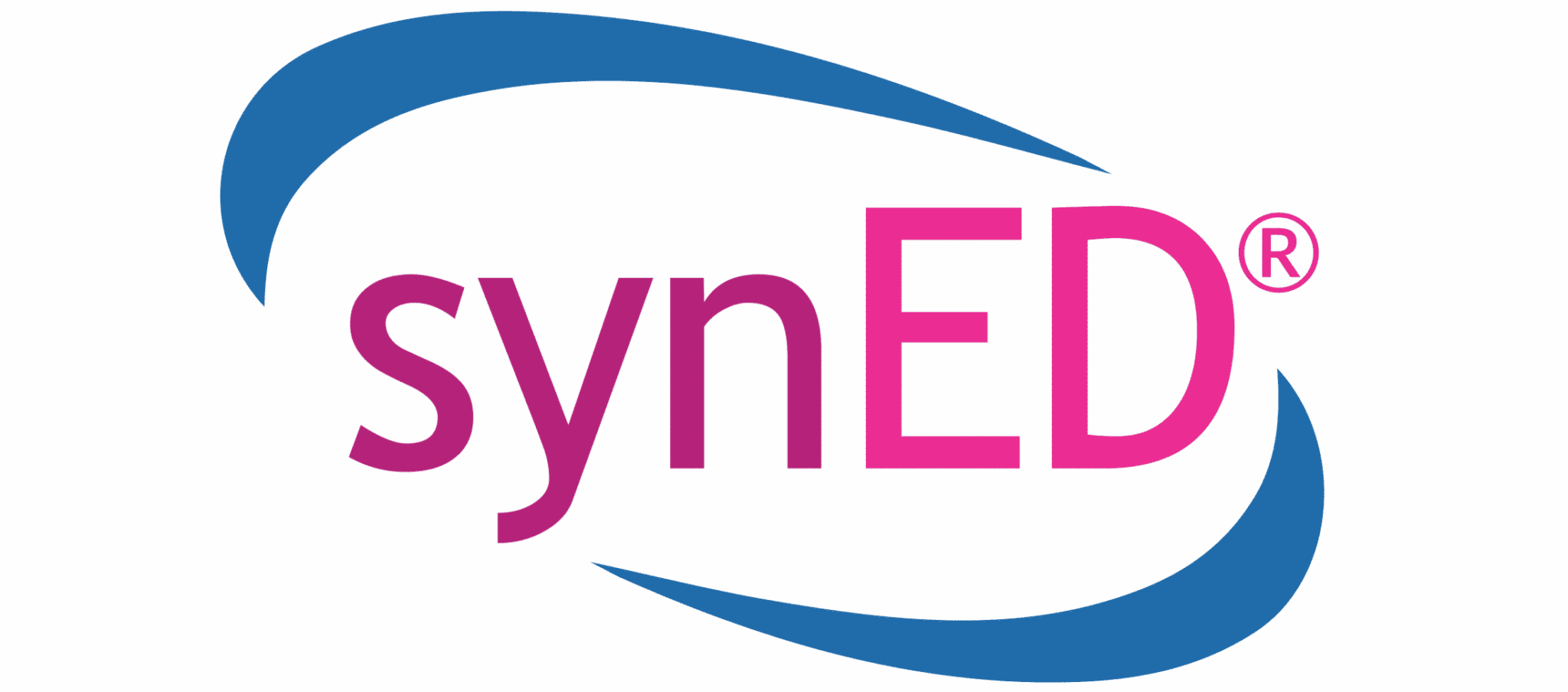The Quarterly Review Of Innovative Applications In Alternative Education
EXECUTIVE SUMMARY
There are clear advantages to online learning for both students and colleges: convenience, accessibility, cost and flexibility. But the challenges of online education have often been overlooked – especially for career and technical education where practical application and hands-on performance are central to learning. For the highly motivated, self-directed, self-disciplined student seeking knowledge in a specific domain, online education may work well. But this does not describe the overwhelming majority of undergraduates; for CTE students perhaps even less so. Online education is compelling because of its efficiency, scalability, and flexibility. But these are exactly the elements that make it susceptible to significant exploitation. This version of ReportOUT offers a critical perspective on the proliferation of online education.
TOPICS DISCUSSED
01 Takedown Of Online Education
02 Online Courses Are Harming The Students Who Need The Most Help
03 Promises And Pitfalls Of Online Education
04 Does Online Education Live Up To Its Promise?
05 Panacea or Plateau
06 A National Study Of Differences Between Online and Classroom- Only Community College Students in Time To First Associate Degree Attainment, Transfer and Dropout
07 Effectiveness Of Fully Online Courses for College Students: Response To A Department of Education Meta-Analysis
08 Tracking Online Education In The United States
09 Crunch Time For Calbright
10 Cheating In Online Classes Is Now Big Business
11 MOOCs Fail In Their Mission To Disrupt Higher Education
12 MOOCs Struggle To Lift Rock-Bottom Completion Rates
13 So Why Did MOOCs Fail To Live Up To The Hype?
02 Online Courses Are Harming The Students Who Need The Most Help
03 Promises And Pitfalls Of Online Education
04 Does Online Education Live Up To Its Promise?
05 Panacea or Plateau
06 A National Study Of Differences Between Online and Classroom- Only Community College Students in Time To First Associate Degree Attainment, Transfer and Dropout
07 Effectiveness Of Fully Online Courses for College Students: Response To A Department of Education Meta-Analysis
08 Tracking Online Education In The United States
09 Crunch Time For Calbright
10 Cheating In Online Classes Is Now Big Business
11 MOOCs Fail In Their Mission To Disrupt Higher Education
12 MOOCs Struggle To Lift Rock-Bottom Completion Rates
13 So Why Did MOOCs Fail To Live Up To The Hype?

